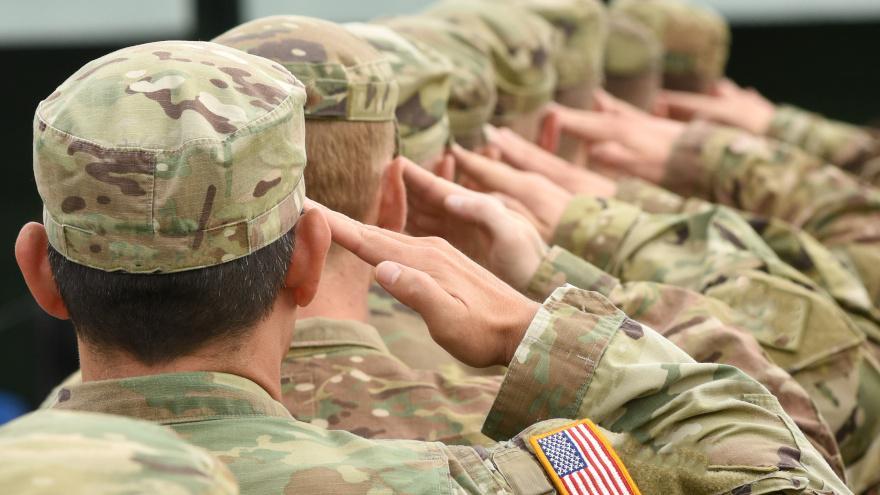CFPB reiterates position on repos & SCRA

By subscribing, you agree to receive communications from Auto Remarketing and our partners in accordance with our Privacy Policy. We may share your information with select partners and sponsors who may contact you about their products and services. You may unsubscribe at any time.
A trio of officials from the Consumer Financial Protection Bureau reiterated their position about repossessions and Servicemembers Civil Relief Act (SCRA).
Earlier this week, Patrick Brick, Ryan Kelly and Chris Kukla published a blog post on the bureau’s website recapping CFPB research as well as the SCRA. They said by the age of 24, about 20% of young servicemembers have at least $20,000 in auto debt, which the CFPB officials computed to be nearly two-thirds of a young enlisted soldier’s typical base salary.
“If you take a drive down the main road leading to most military bases in the country, you’ll likely see car dealerships lining both sides of the street. The CFPB’s prior research has shown that young servicemembers tend to take out auto loans soon after joining the military and carry more auto debt than their civilian peers. This isn’t altogether surprising. When many servicemembers finish basic training, their first duty station is often in an area where a car is needed to get around or leave the base,” the CFPB officials wrote.
“Access to credit can be an important and valuable tool for servicemembers,” they continued. “At the same time, if a servicemember becomes unable to keep up with financial obligations, it can lead to adverse personnel actions such as a lost security clearance or potential discharge. Many servicemembers are young, first-time car buyers with limited knowledge of credit products and terms.
“Accordingly, they may be more likely to agree to products they don’t need or understand or receive loan terms that are not in their best interest. While we expect that lenders will treat all borrowers fairly and responsibly, lenders need to pay particular attention to how they treat servicemembers and their families,” the CFPB officials went on to say.
Brick, Kelly and Kukla closed their blog post with a direct message to the repossession and recoveries industries.
Subscribe to Auto Remarketing to stay informed and stay ahead.
By subscribing, you agree to receive communications from Auto Remarketing and our partners in accordance with our Privacy Policy. We may share your information with select partners and sponsors who may contact you about their products and services. You may unsubscribe at any time.
“We expect servicers, lenders and repossession agents to adhere to the requirements under the SCRA, particularly when using new repossession technologies to ensure that servicemembers are treated fairly and that all applicable laws and regulations are carefully followed,” they wrote.
While the CFPB made these assertions this week, it’s been the Department of Justice that has carried out enforcement actions during the past couple of years involving vehicle repossessions and the SCRA.
In October, the Justice Department said Chrysler Capital agreed to pay more than $134,000 to settle a federal lawsuit alleging that the company denied early vehicle lease terminations to servicemembers who qualified for them under SCRA.
In September 2020, the Justice Department reached an agreement with ASAP Towing & Storage Co. (ASAP) in Jacksonville, Fla., to resolve allegations that ASAP violated a federal law and the SCRA by auctioning off or otherwise disposing of vehicle owned by protected servicemembers without first obtaining court orders.
And in August 2019, the Department of Justice announced Nissan Motor Acceptance Corp. (NMAC) agreed to pay almost $3 million to resolve allegations that it violated the SCRA.


